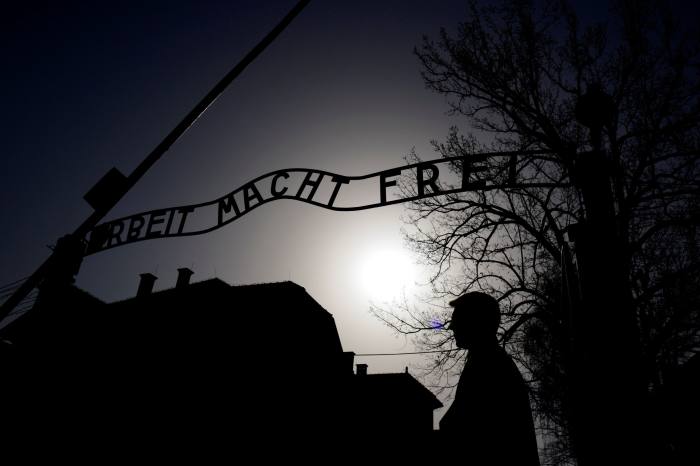
What duties, if any, do we owe to our family’s history? And how can we reconcile a man who was a loving father and husband, as well as a war criminal?
These are some of the questions Philippe Sands seeks to answer in The Ratline.
The book spans multiple genres – it includes elements of a history, romance and detective novel – to tell the story of Otto von Wächter.
Starting with his early life, it tells the story of how Wächter met his wife Charlotte and rose through the ranks of the Nazi party and the SS, eventually becoming governor of Nazi-occupied Krakow and then governor of Galicia (then in Poland, now part of Ukraine).
It also recounts how a young Austrian lawyer and his wife became Nazis, and how they justified their anti-Semitism.
When the second world war ended, the Polish government attempted to bring Wächter to justice for “mass murder, shootings and executions”, but he had gone on the run.
For four years Wächter escaped justice, first in the Alps and then in Rome where he was given refuge by an Austrian bishop.
Wächter’s ambition was to use the ‘ratlines’ – the network of escape routes used by many high-profile Nazis to evade justice and reach South America, and which gave this book its name.
Klaus Barbie, Josef Mengele and Adolf Eichmann are just three of the Nazis who used the ratlines to make their escape. But Wächter never followed them – while plotting his escape to South America in 1949 he died in Rome amid allegations of spy plots, cold war intrigue and murder.
Mr Sands spends the last part of the book attempting to find out what happened to Wächter.
One of the main characters in the book is Wächter’s youngest son, Horst, who has convinced himself his father was a good man and defends him regardless of what Mr Sands unearths in the family archives.
Horst’s unflinching loyalty to his father is one of the book’s most morally troubling throughlines, as we are forced to ask whether we condemn or understand the son’s unquestioning love for his father.
Horst, who was six years old in 1945, insists his father was a “good Nazi” who did not believe in the party’s racial theories and just “wanted to do something good, to get things moving, to find a solution to the problems after the first war”.
But as the narrative unfolds it becomes clearer and clearer this is delusion. Nazi documents detail Wächter’s role in establishing the Krakow ghetto and the system of trains that would eventually carry Jews to their deaths.
Mr Sands unearths photos of Wächter seeming to chat amiably with his fellow officers after overseeing the execution of a group of Polish people.
The man whose love letters to his wife we have read, and who inspired such loyalty in his son, also oversaw the implementation of the ‘Final Solution’ in the district he governed.






